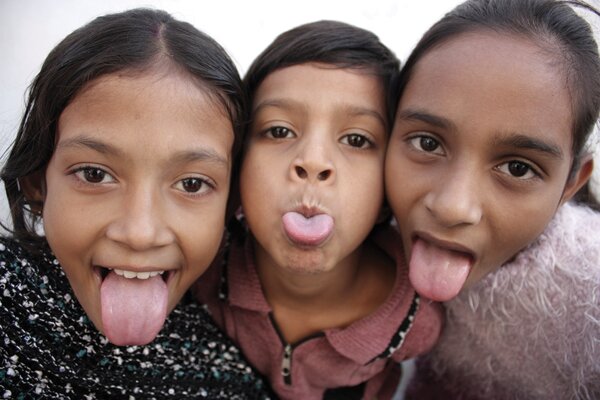The UAE Pakistan Assistance Programme (PAP) has launched the second phase of the Emirates Polio Campaign to vaccinate children in Pakistan.
Over 280 fixed and mobile units will vaccinate 17 million children in the first three months of 2015.
Poliomyelitis, commonly referred to as polio, is a highly contagious viral disease that attacks the nervous system, causing flu-like symptoms and, in the most serious cases, breathing problems and paralysis. Children under the age of five are most prone to contracting the disease, and at the height of its epidemic in the 1950s, it infected nearly 60,000 people, killing over 3,000.
HH General Sheikh Mohammed bin Zayed Al Nahyan, the Crown Prince of Abu Dhabi and deputy supreme commander of the UAE Armed Forces, made a personal donation of AED 440 million in support of the global efforts to eradicate polio by 2018, with particular emphasis on Pakistan and Afghanistan.
According to the United Nations and the Bill and Melinda Gates Foundation, this disease is nearly eradicated from the planet today, but still remains in Nigeria, Pakistan and Afghanistan. The Emirates Polio Campaign is part of the global efforts to make this a disease of the past.
The partnership between HH Sheikh Mohammed and the Bill and Melinda Gates Foundation dates back to 2011, when their strategic partnership offered a $100 million (AED 400 million) joint contribution to vaccinate children in Afghanistan and Pakistan. Around 13 million children were successfully vaccinated in the first phase of the campaign last year.
The World Health Organization reported that cases of polio in Pakistan in 2014 were increasing, with 303 children affected. This is the highest number of cases reported in a decade, with the global number reaching 339 in the same year.
The Global Vaccine Summit, held in Abu Dhabi in 2013, announced a five-year plan to wipe out polio from the planet, a plan that is expected to cost US$ 5.5 billion (AED 20.2 million).
















